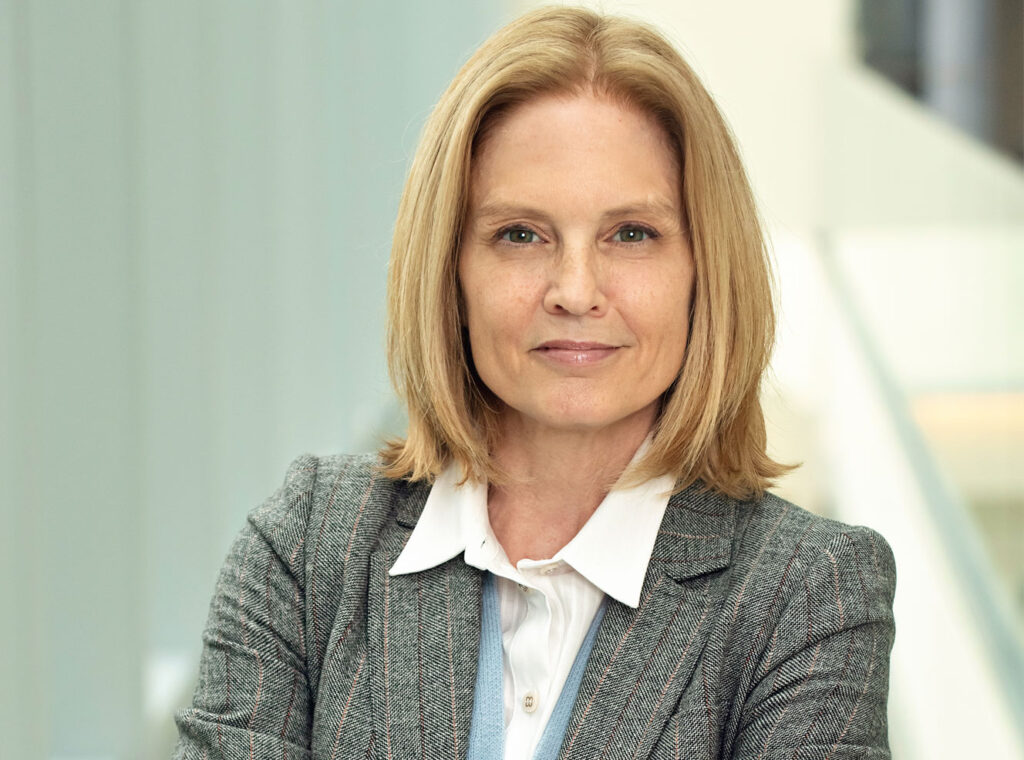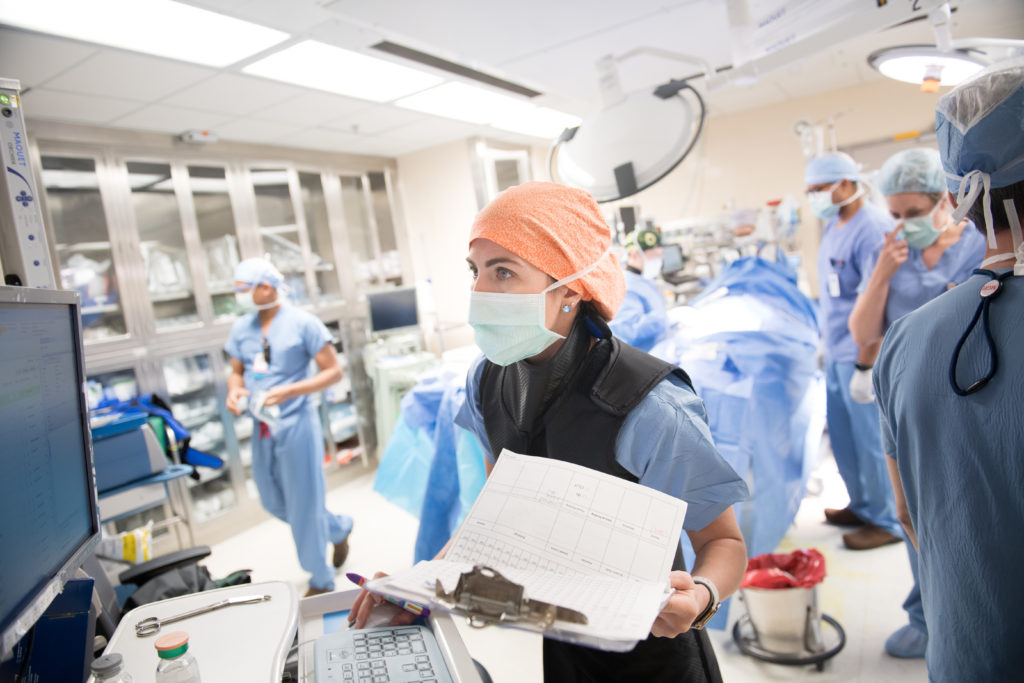There’s been a lot of discussion recently about the constant presence of smartphones in our lives and the potential drawbacks of spending so much time with them.
But could this close connection provide health benefits as well? A new research study looking at patient outcomes after cancer surgery has provided some promising results.
“We needed to find tools to measure what recovery looks like in ways that matter to patients and physicians.”
The study, which was co-led by Nikhil Panda, MD, a postdoctoral research fellow in the Ariadne Labs and a general surgery resident at Massachusetts General Hospital, was the first to investigate whether measurements of patients activity levels after surgery — passively collected by accelerometers in their smartphones — could provide a clearer picture of postoperative recovery and the impact of complications.
The study’s two senior authors and principle investigators were Jukka-Pekka Onnela, DSc, from the Harvard T.H. Chan School of Public Health, and Alex Haynes, MD, MPH, from the Ariadne Labs and the Department of Surgery and Perioperative Care, Dell Medical School at the University of Texas at Austin.
Broad Ownership of Smartphones
In a recent interview, Dr. Panda explained the study involving smartphones was motivated by the difficulties he and other surgeons have experienced crafting an accurate picture of what surgical recovery will look like for their patients.

Part of that challenge comes from advancements in surgical and perioperative care over the past 15-20 years that have shifted the recovery setting from the hospital to the home, he explains.
Patients who are scheduled to undergo surgery want to know how long it will be until they are back on their feet when they will be able to return to work, and what the potential impact on their families might be.
“We needed to find tools to measure what recovery looks like in ways that matter to patients and physicians,” Dr. Panda says.
“Fortunately, we’re taking advantage of a technology that is already in the hands of approximately 70% of the world population,” he adds.
“In many settings, smartphones have relatively equal ownership across the different social determinants of health which is important when we think of scaling any kind of tool with equity.”
Data Collection Details
The team enrolled 62 patients who were scheduled to undergo surgery for cancer. The median age of participants was 67.5 years old and 63% were female.
Participants were asked to download a smartphone app developed by the Onnela Lab that could securely collect accelerometer data and transmit it to a HIPAA compliant server, where it was stored until the end of the study period.
“This work is just the tip of the iceberg but hopefully it helps us start to answer these questions.”
For the purposes of the study, the team decided to focus on capturing levels of exertional activity, such as walking a city block or climbing a flight of stairs.
Data were collected for the week before surgery to establish each participant’s baseline activity level, and then for up to six months after surgery.
Prior to surgery, all participants had essentially the same baseline activity level of approximately 100 minutes per day over seven days.
The primary endpoints for the six-month postoperative period were participants’ ability to achieve at least 60 minutes of exertional activity per day for a week, as well as overall trends in levels of exertional activity.
Of the 62 patients, 17 (27%) experienced a postoperative event such as a complication, readmission or reoperation.
Those who experienced a postoperative event had lower levels of daily exertional activity during the recovery period and were less likely to achieve an average of 60 minutes per day.

• Channeling the Future of Early Cancer Detection
• Brain Disease: Taking a Model Approach
• New Way to Diagnose Crohn’s Disease is in the Works
What’s Next
By enrolling more participants in future studies, the team hopes to learn more about the relationship between postoperative events and activity levels, Dr. Panda says.
For example, it’s too early to tell if lower activity levels are predictive of postoperative events or the result of them.
They will also compare the smartphone-collected data to what patients report about their recovery in postoperative surveys and explore ways to integrate their findings into clinical care.
The data could help set realistic expectations for the postoperative period and provide patients with standardized data to measure their progress against.
“Patients have a right to understand what effects surgery, or any healthcare interaction for that matter, have on aspects of their lives that are most meaningful to them. Right now, we are very limited in what we can tell our patients using empirical data,” Dr. Panda says.
“This work is just the tip of the iceberg but hopefully it helps us start to answer these questions.”
This work is supported by the Department of Surgery at Mass General, Paul G. Allen Family Foundation Ariadne Labs Spark Grant, and NIH grants supporting the research team.
This story was originally posted on the Mass General Research Institute Blog.
The Research Institute: Saving Lives Through Science
 The Massachusetts General Hospital Research Institute is the largest hospital-based research program in the United States, with a community of more than 8,500 people working across more than 30 institutes, centers and departments.
The Massachusetts General Hospital Research Institute is the largest hospital-based research program in the United States, with a community of more than 8,500 people working across more than 30 institutes, centers and departments.
Our researchers work side-by-side with physicians to pioneer the latest scientific advancements for curing disease and healing patients in Boston, across the United States and around the world.
To learn more about the Research Institute, please visit our website.
________________________________________






